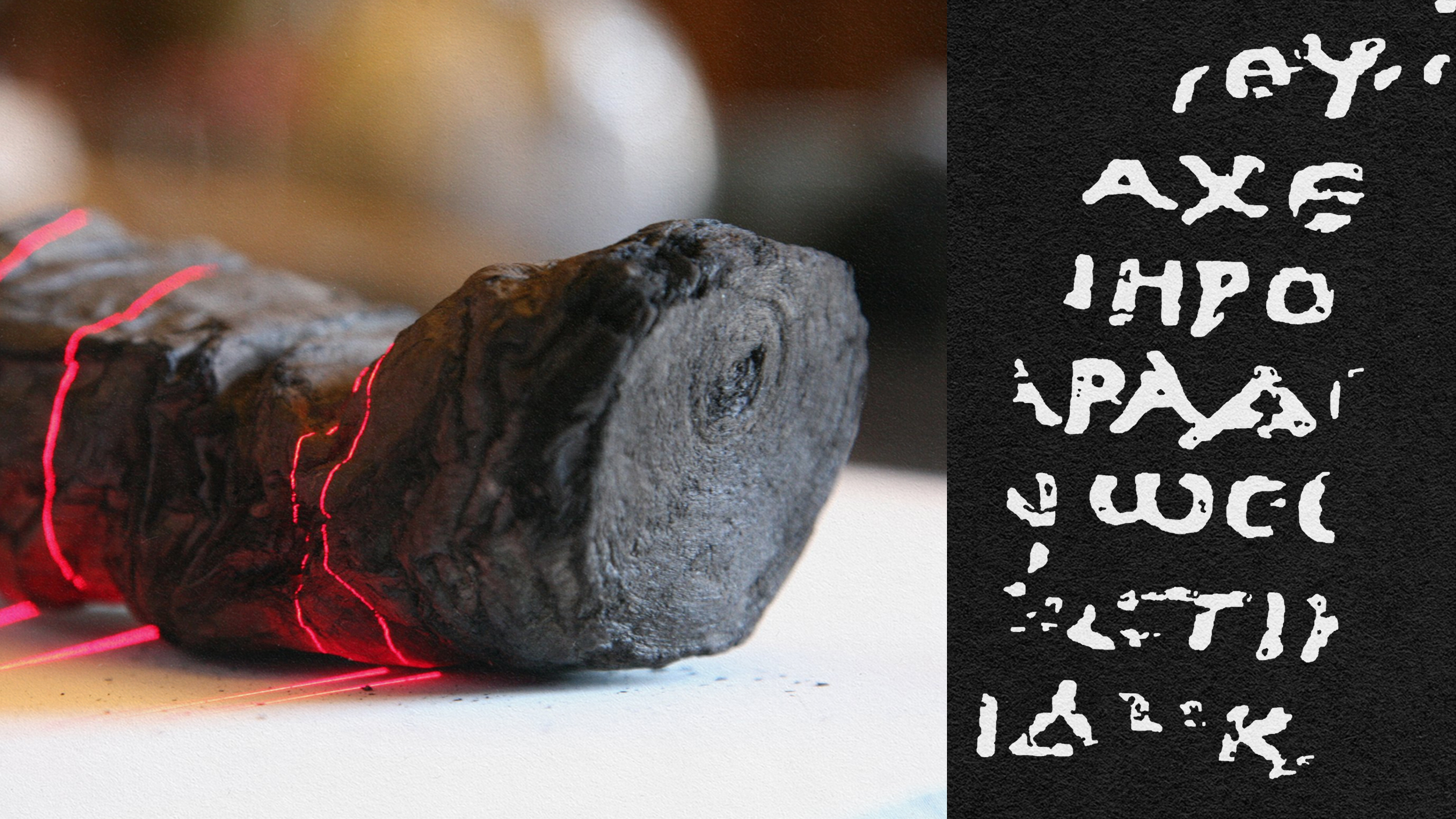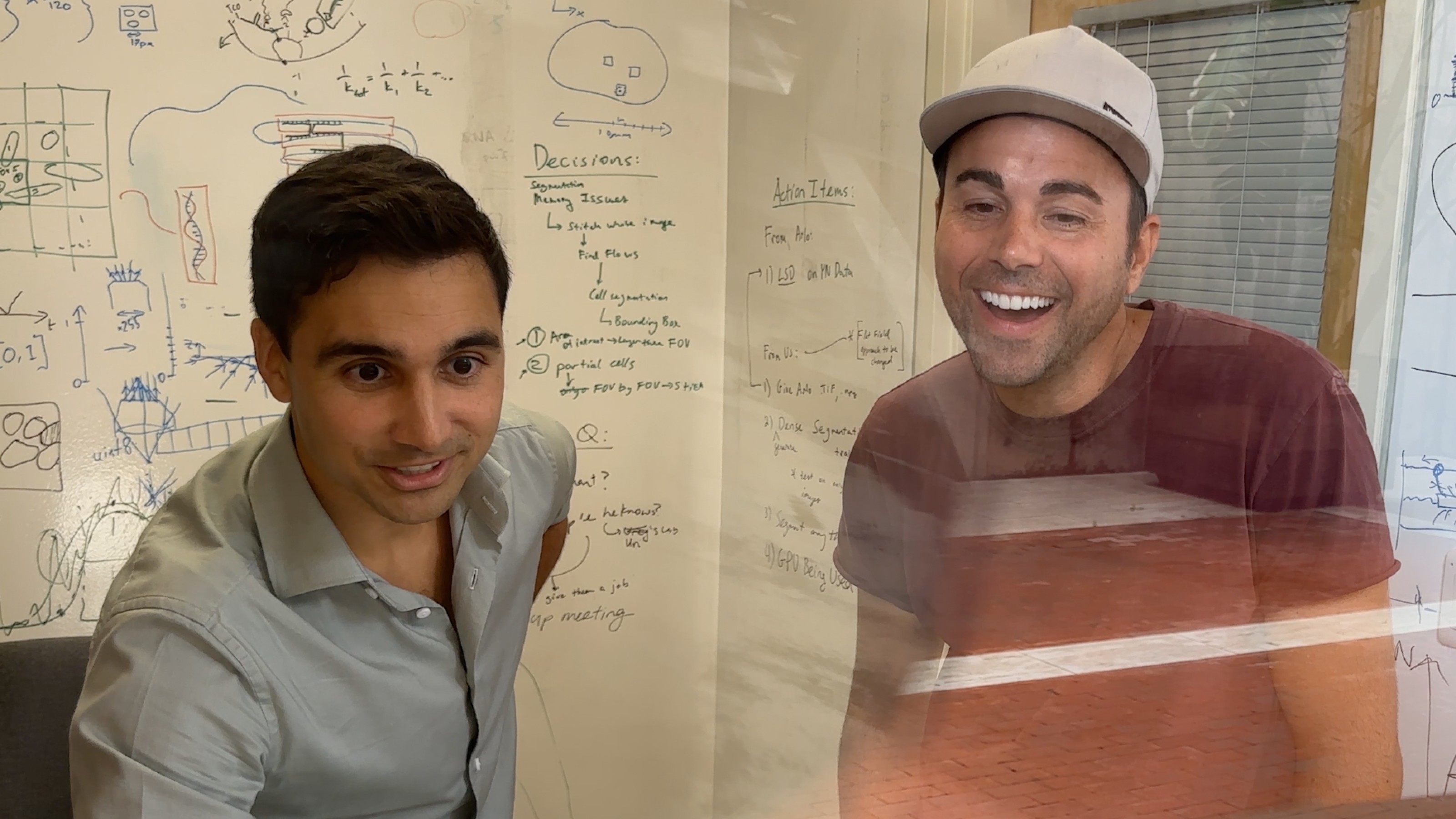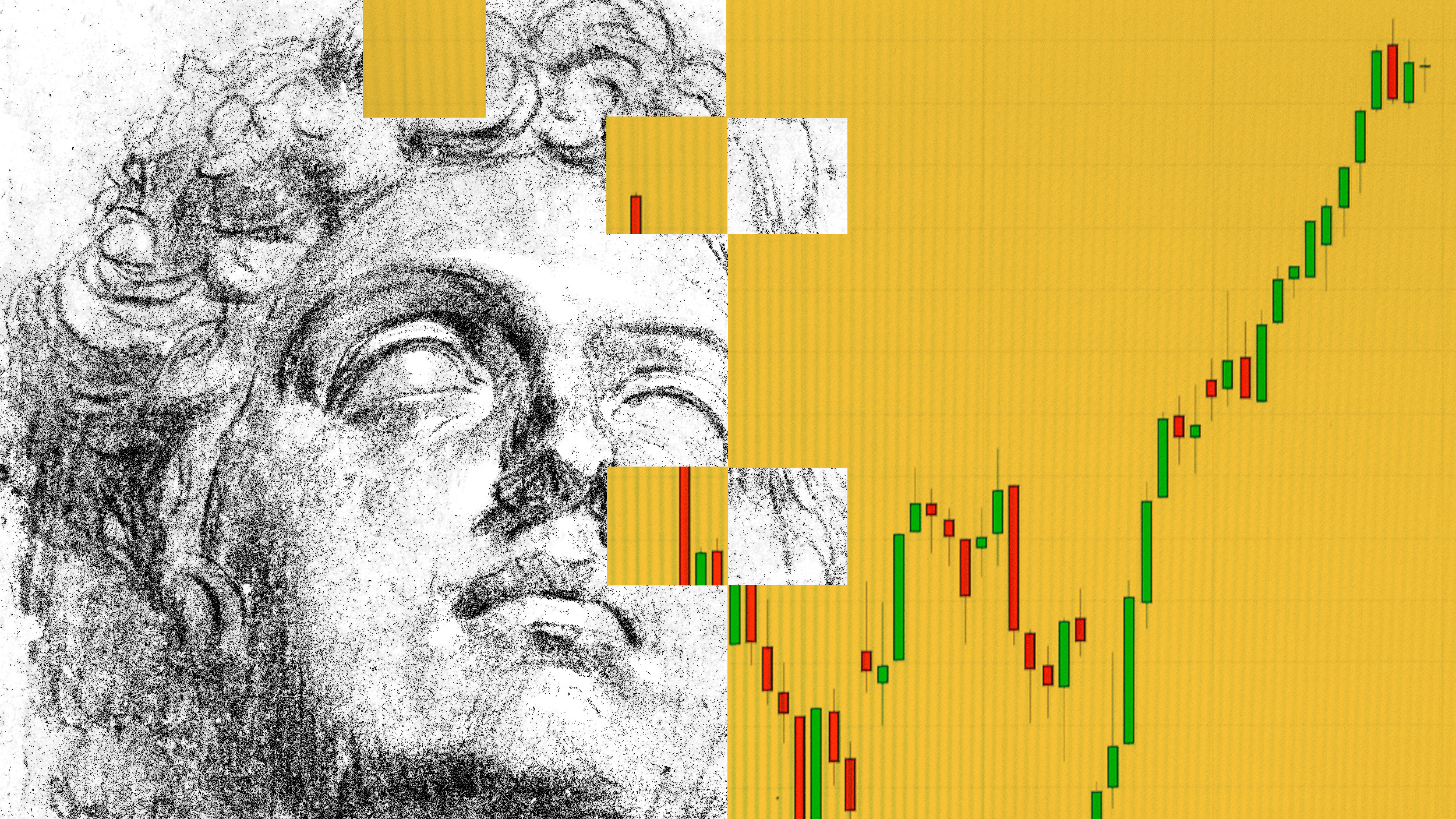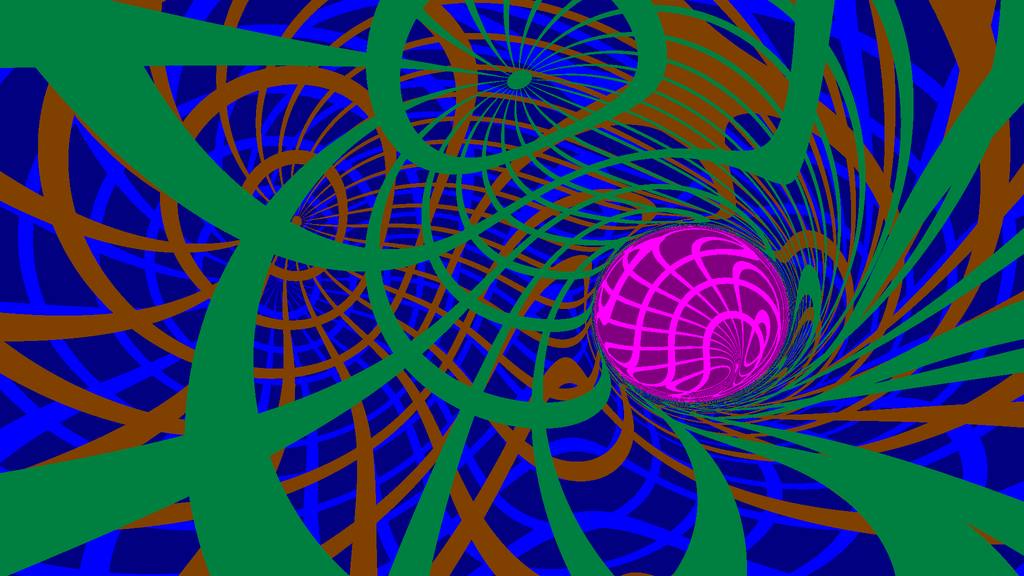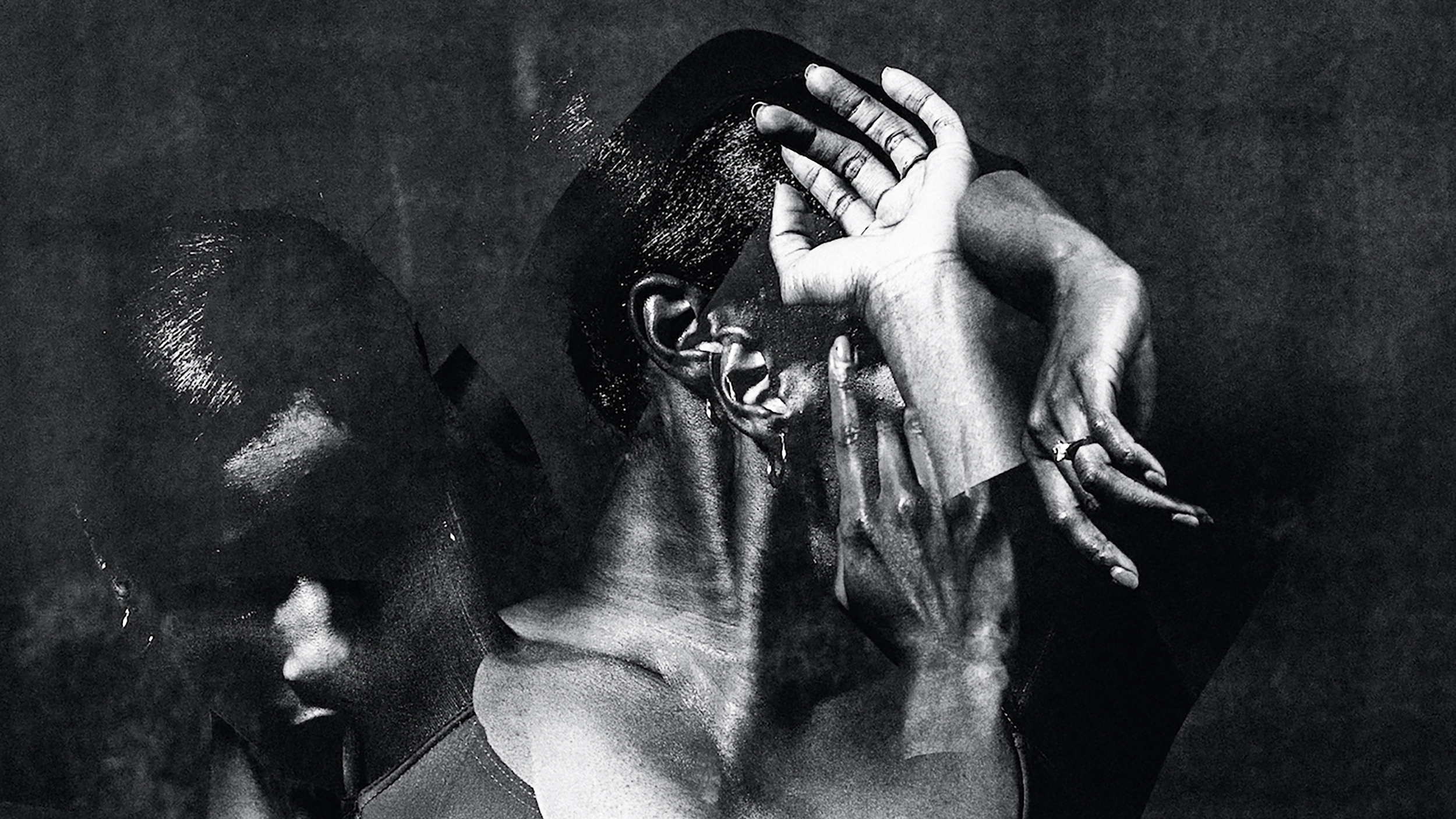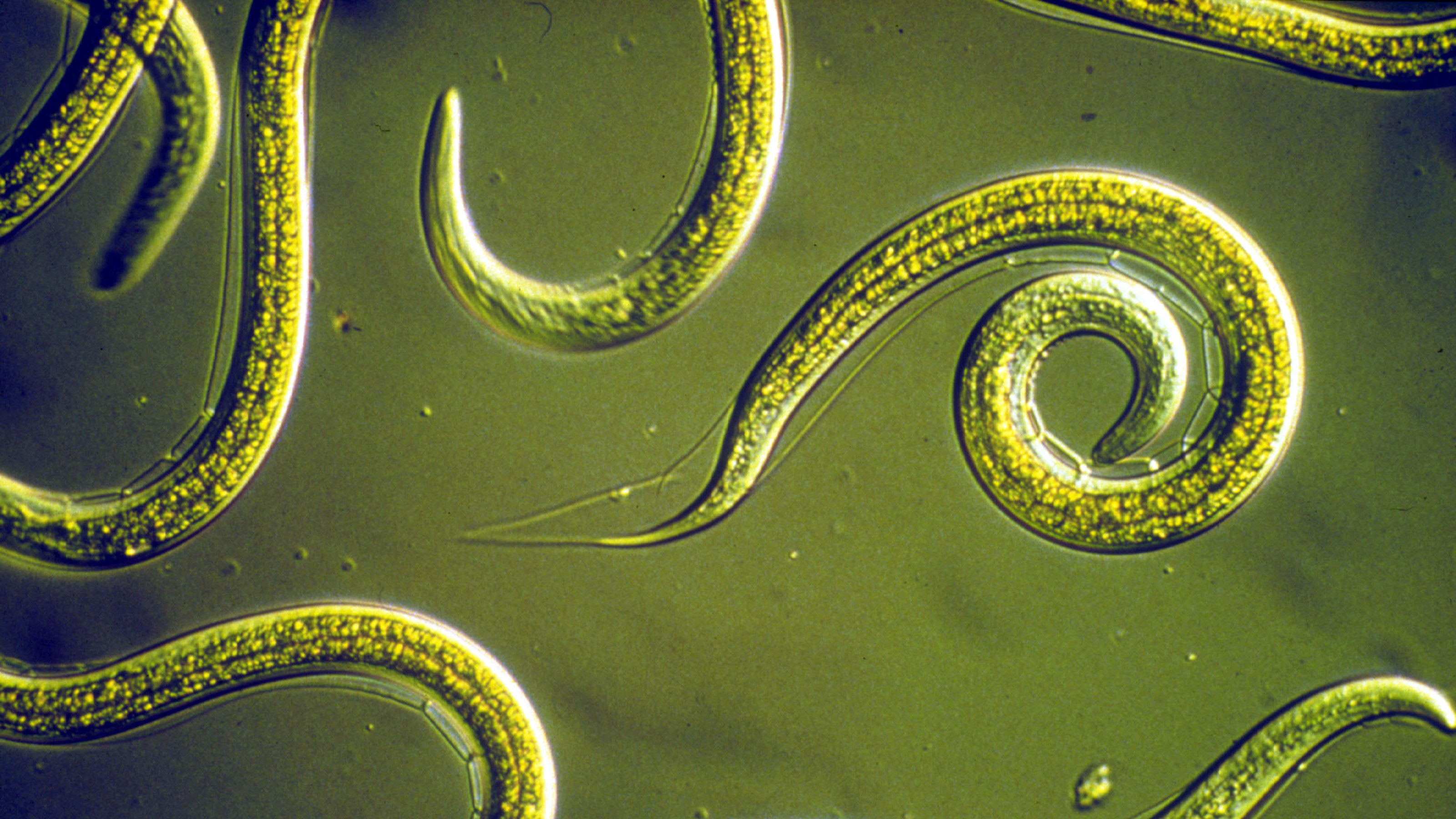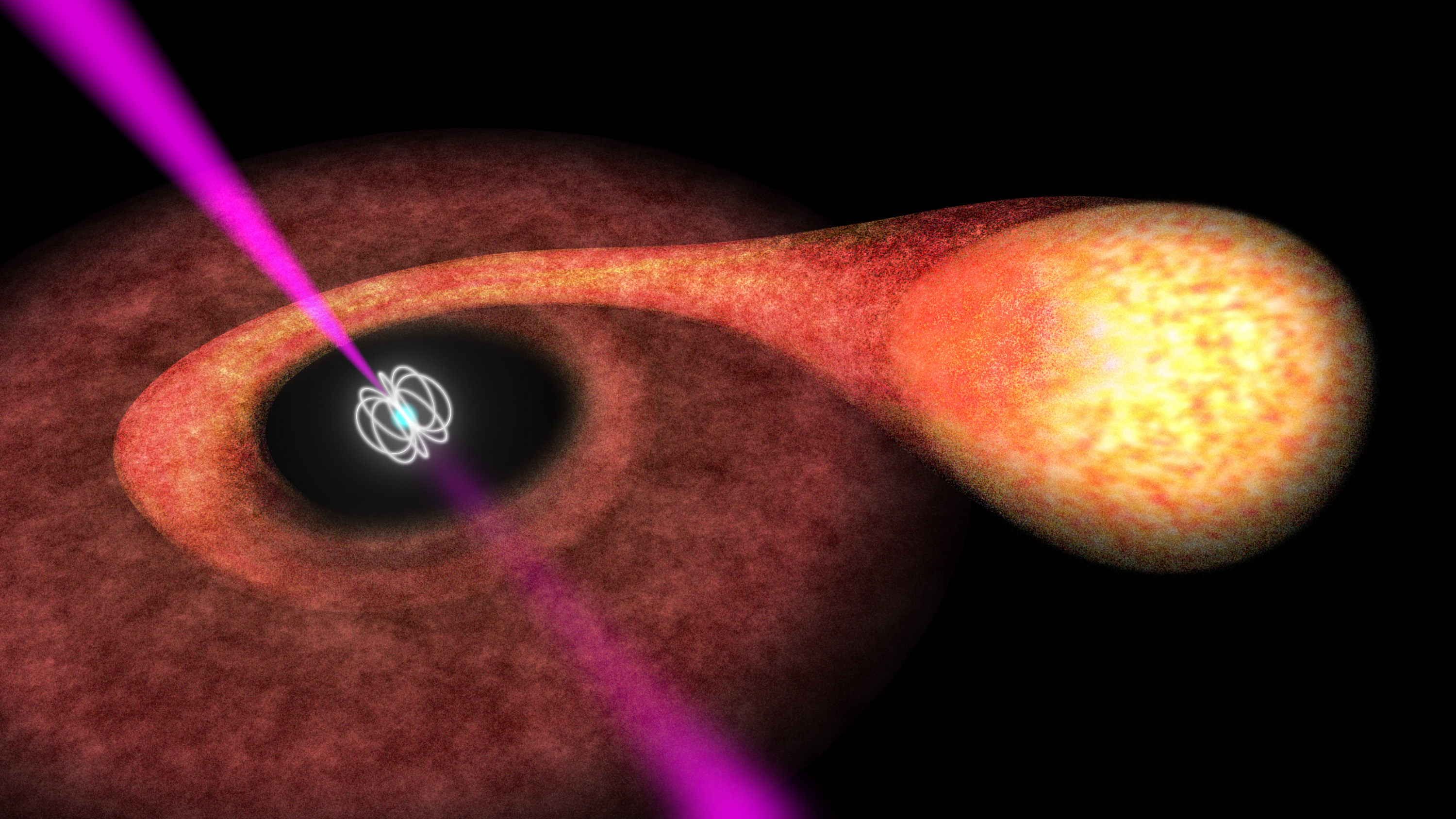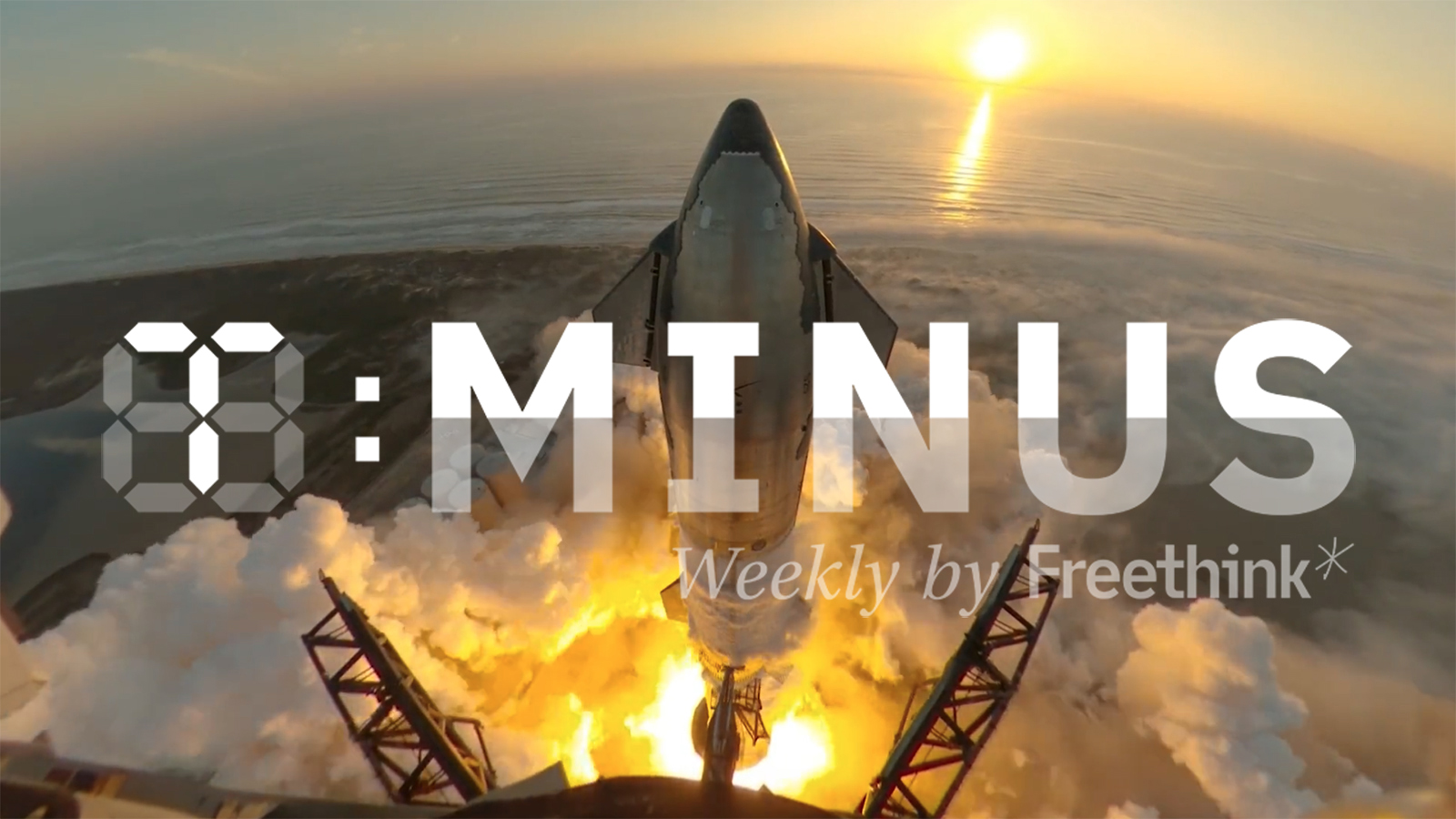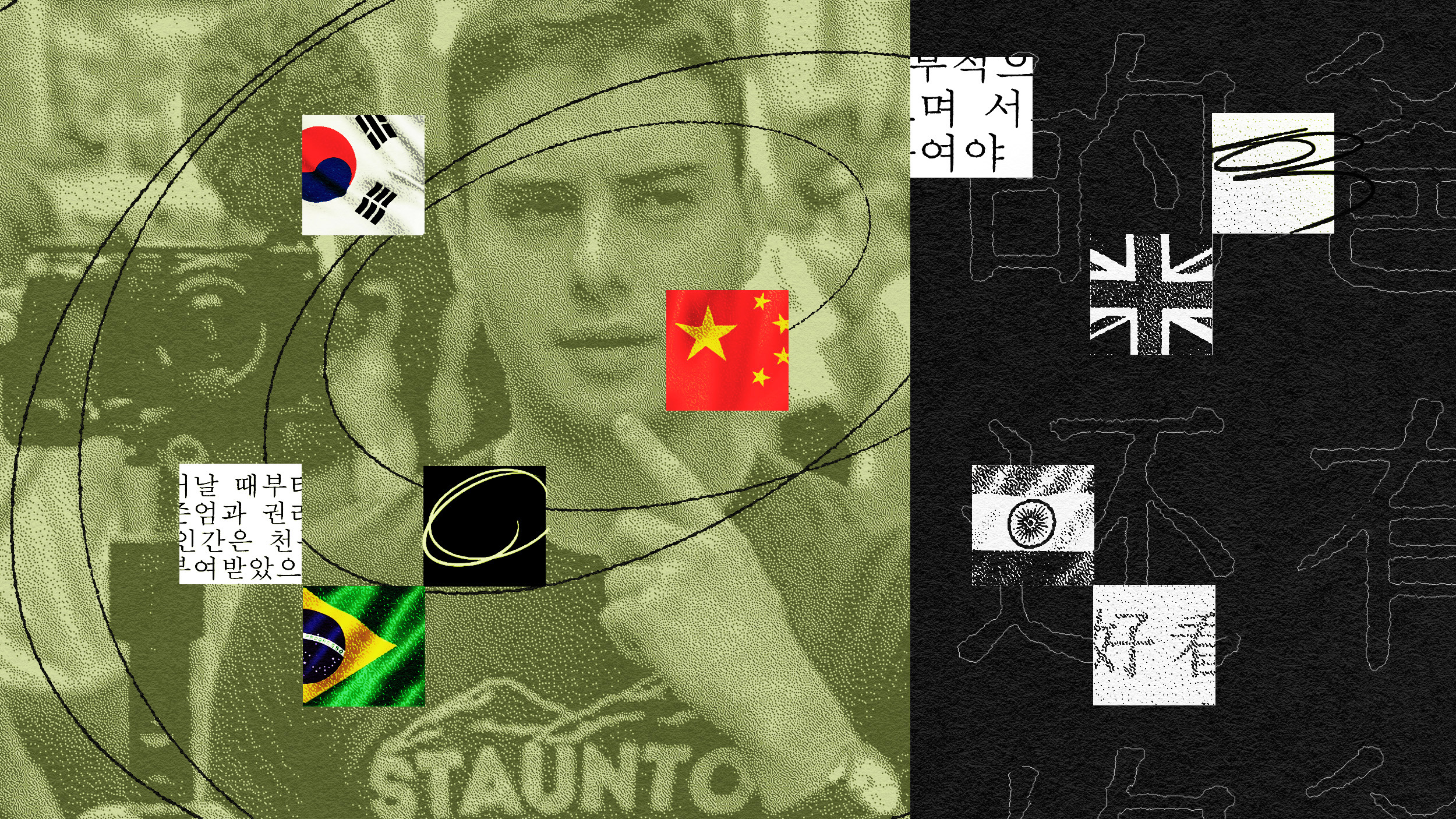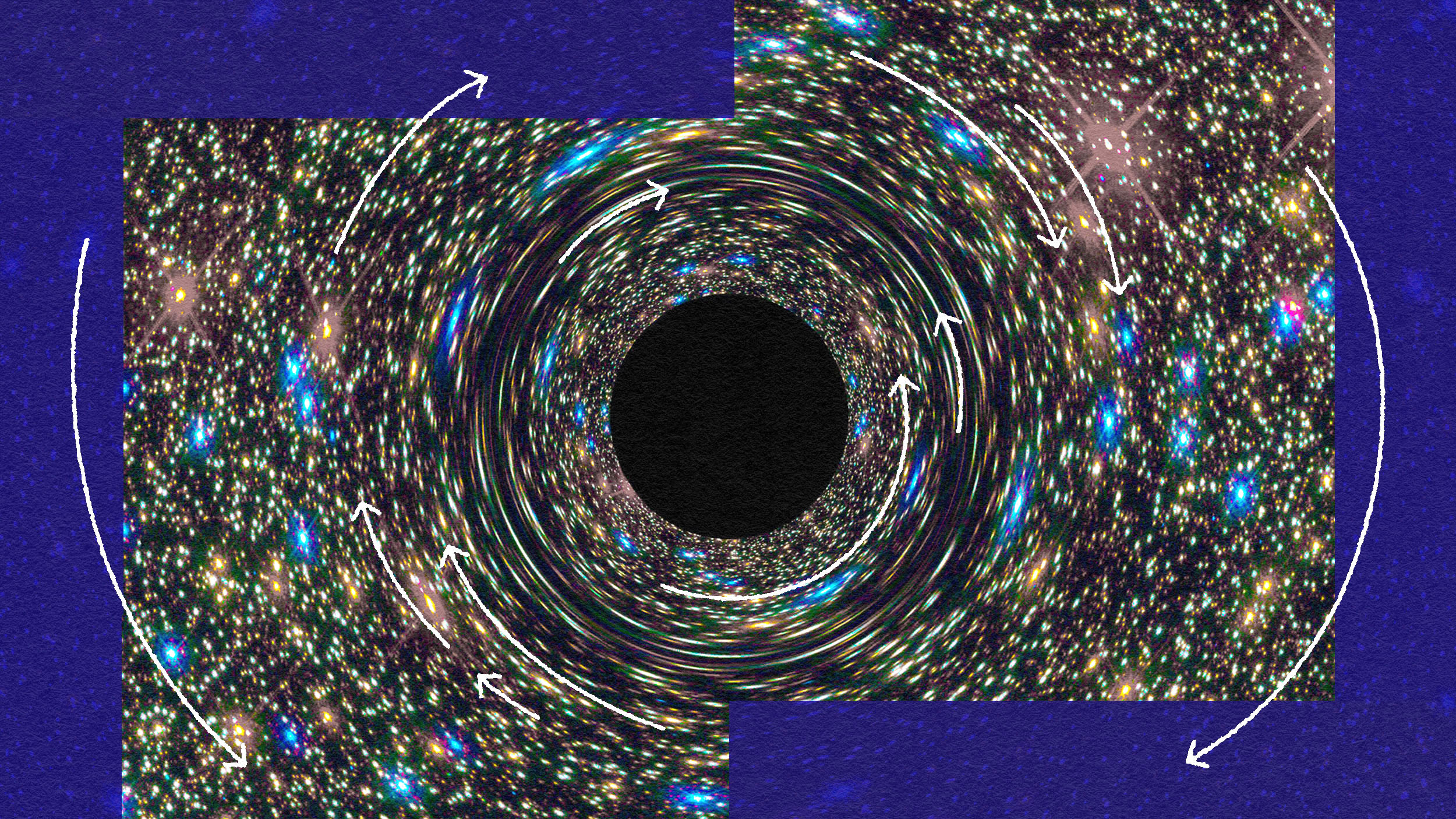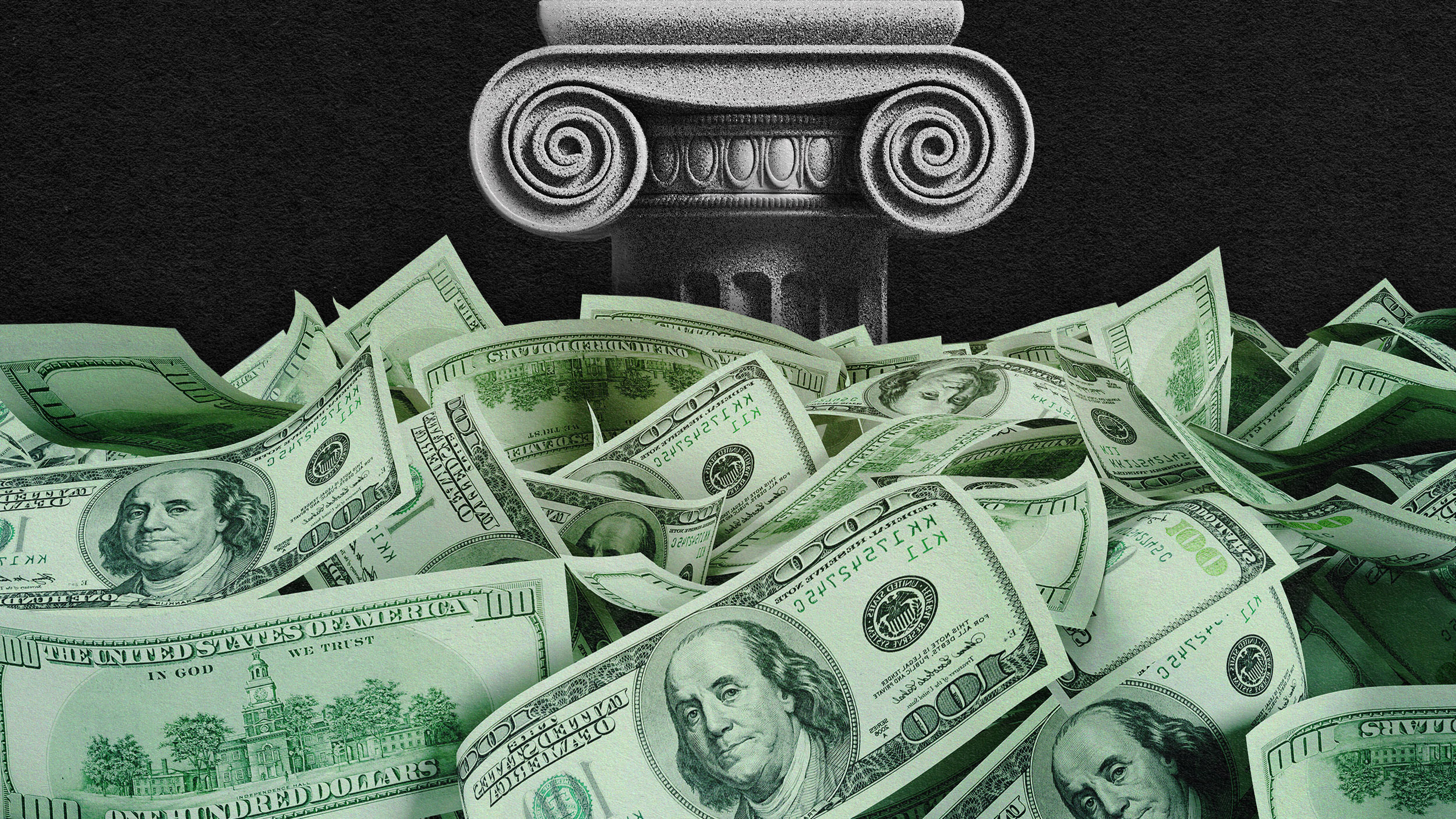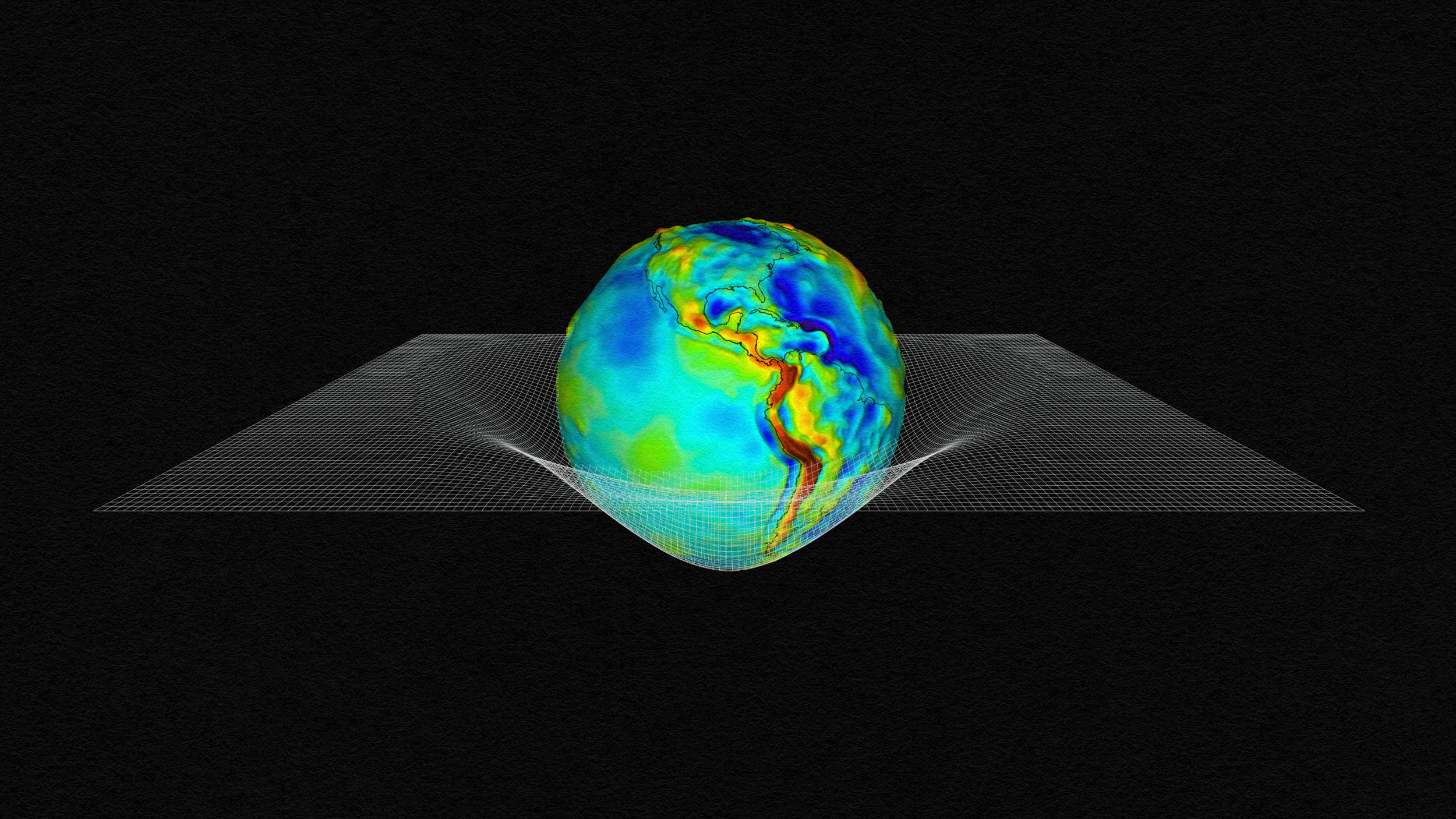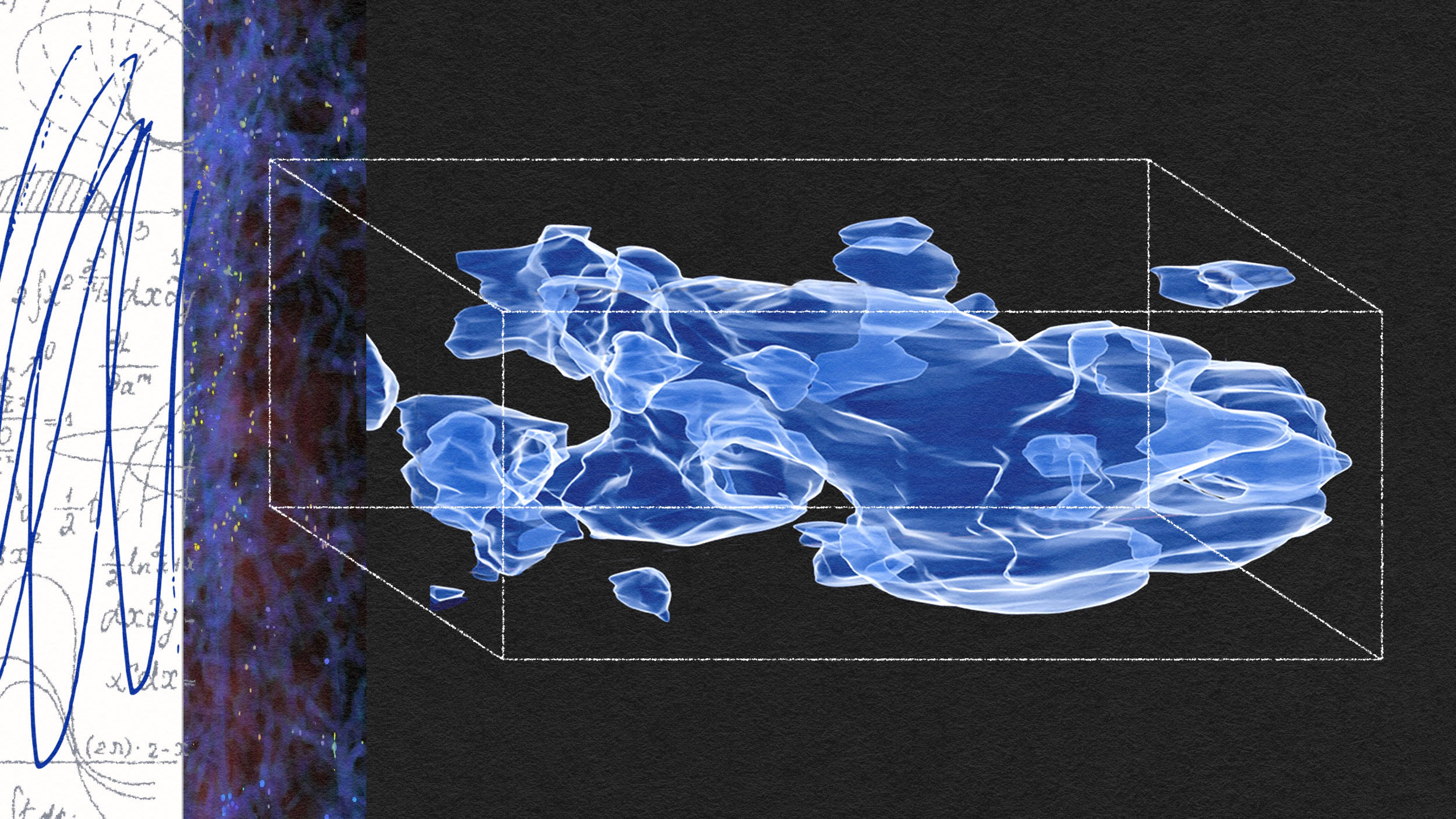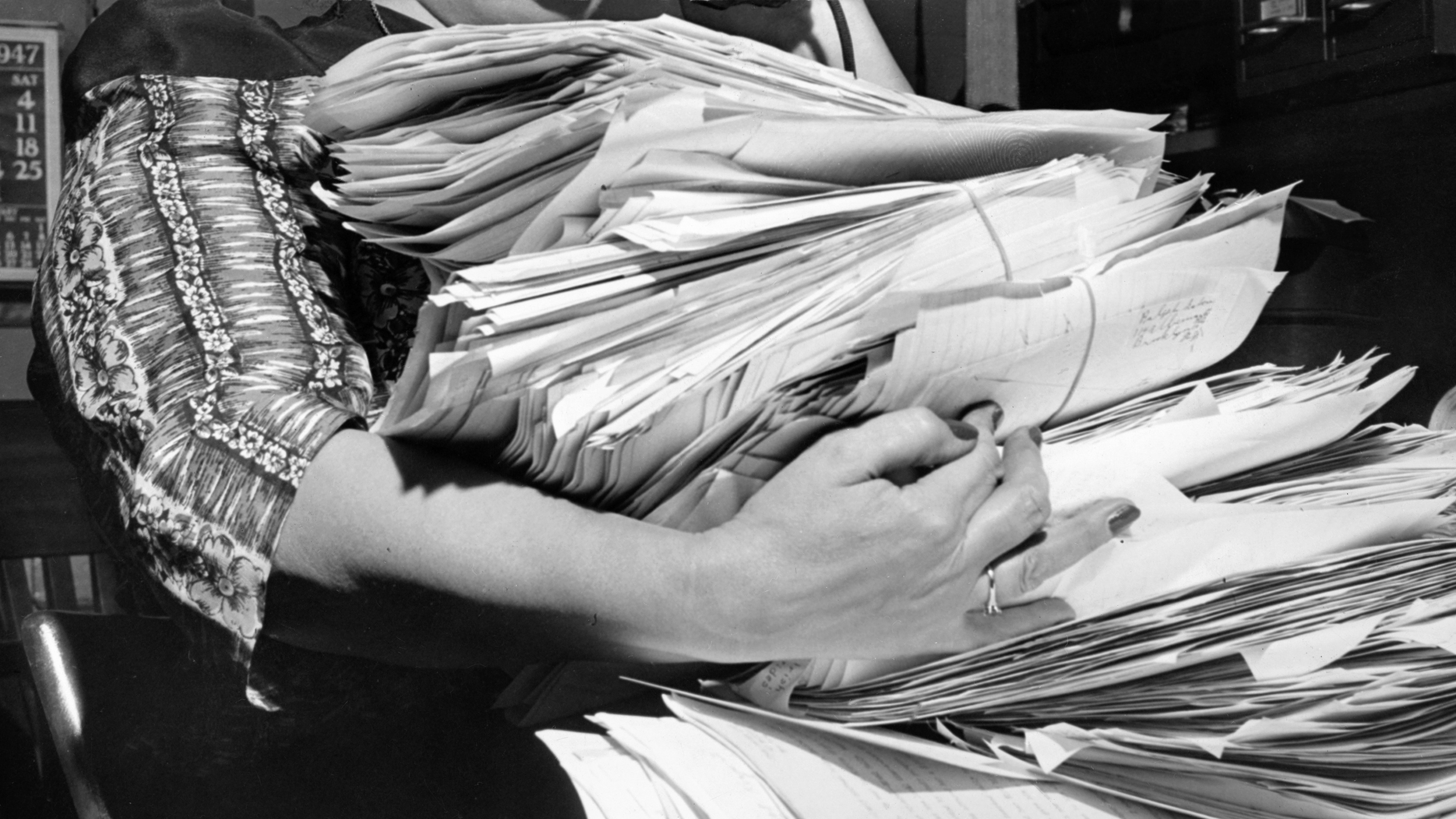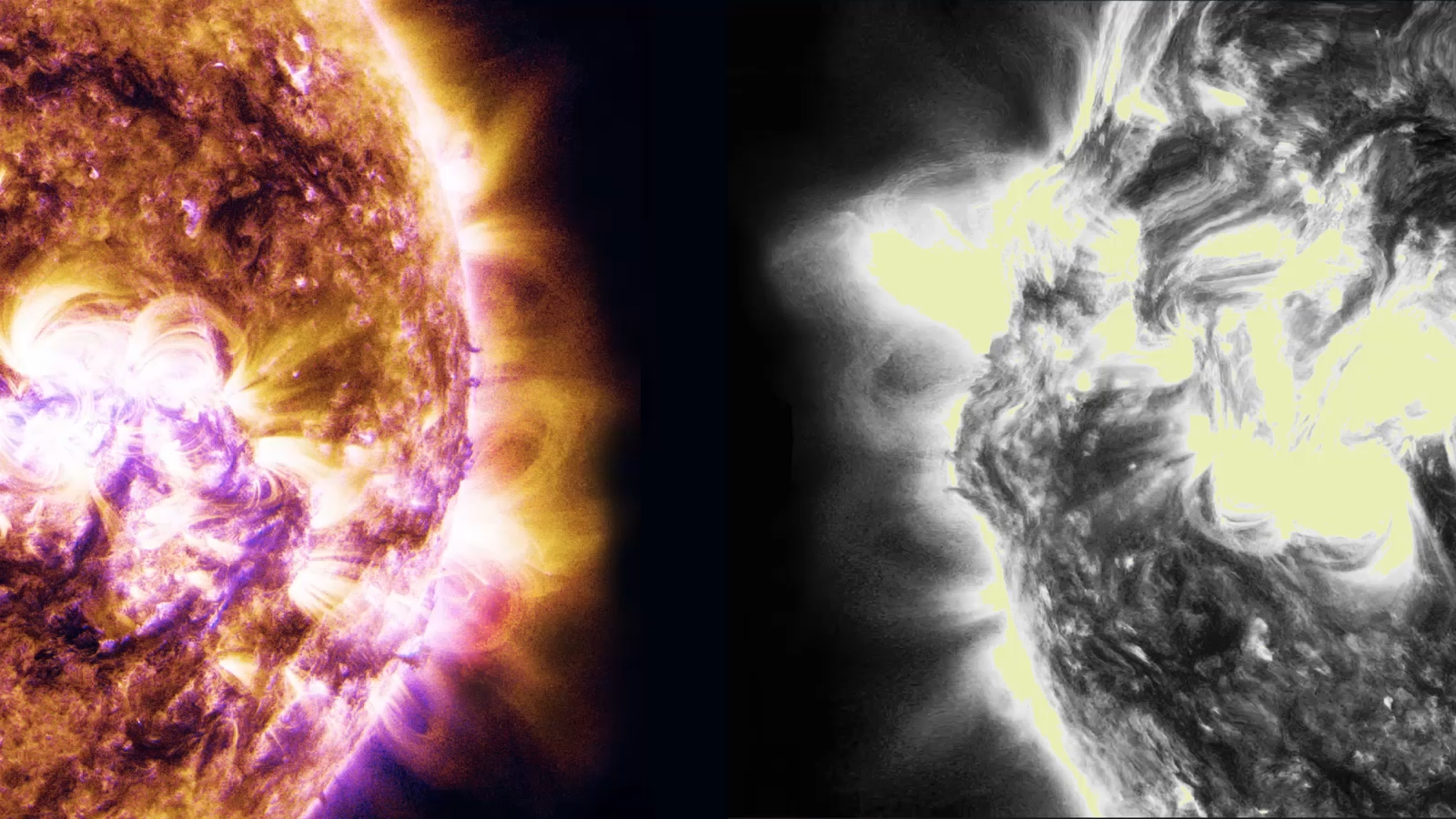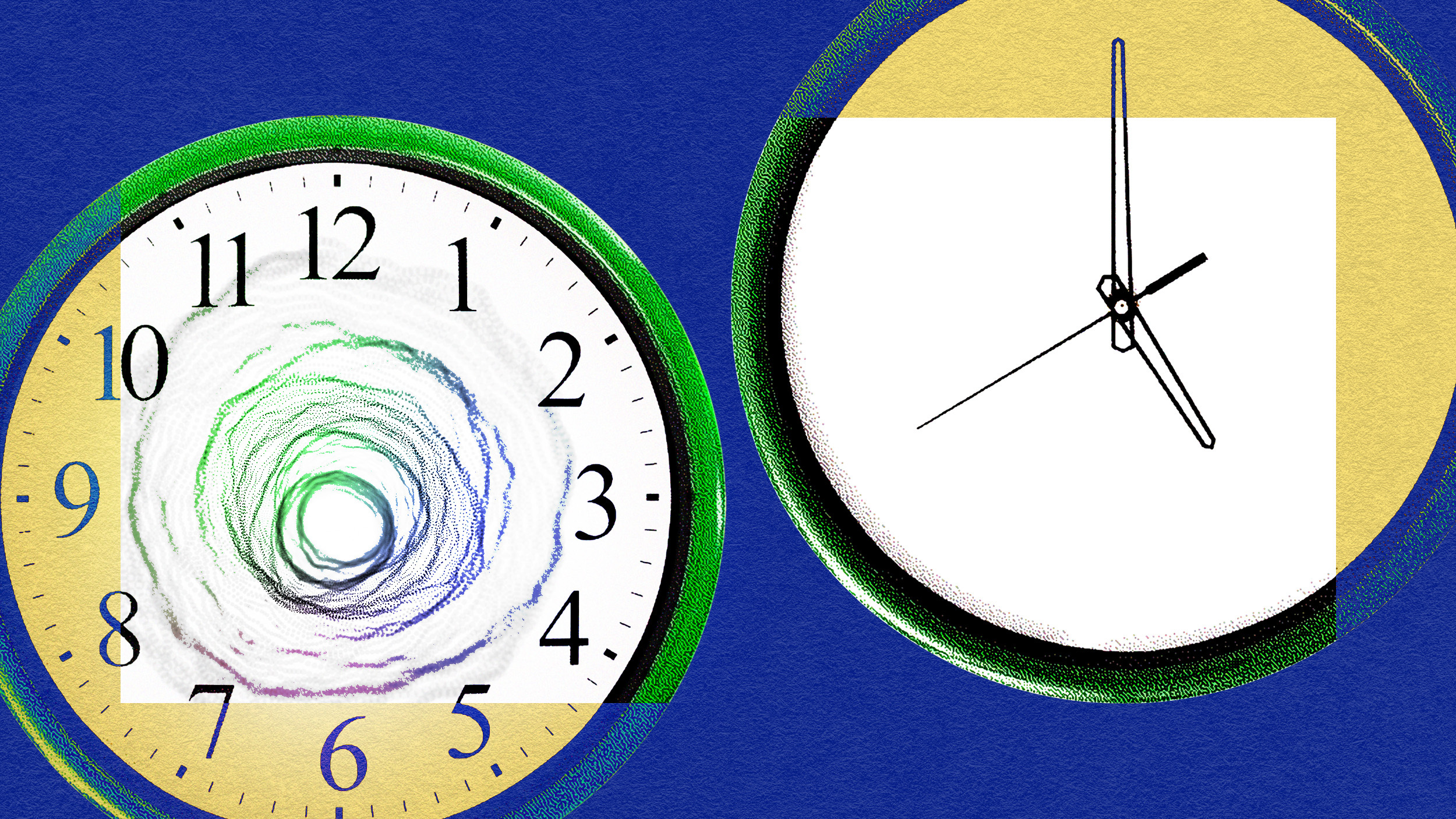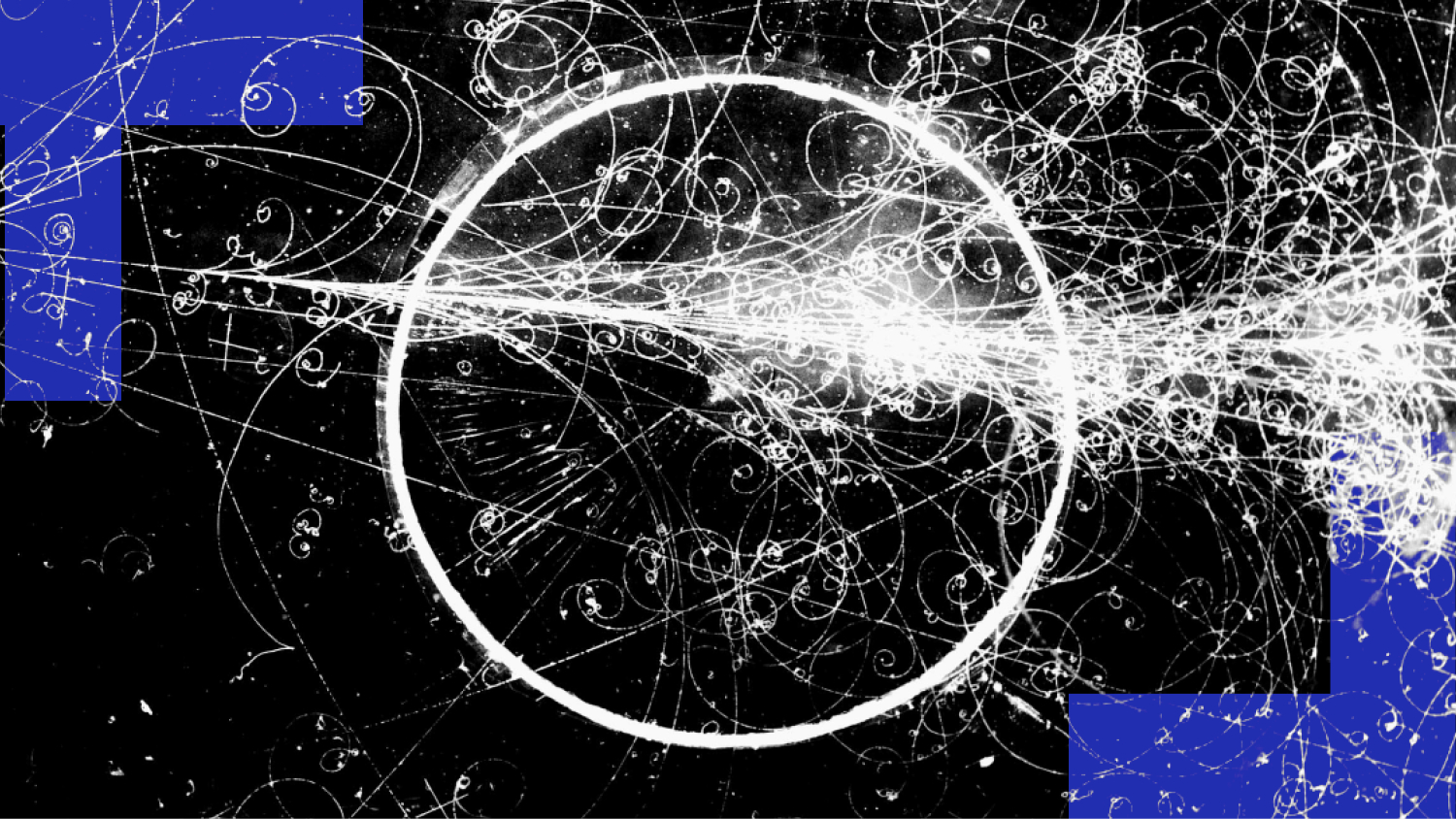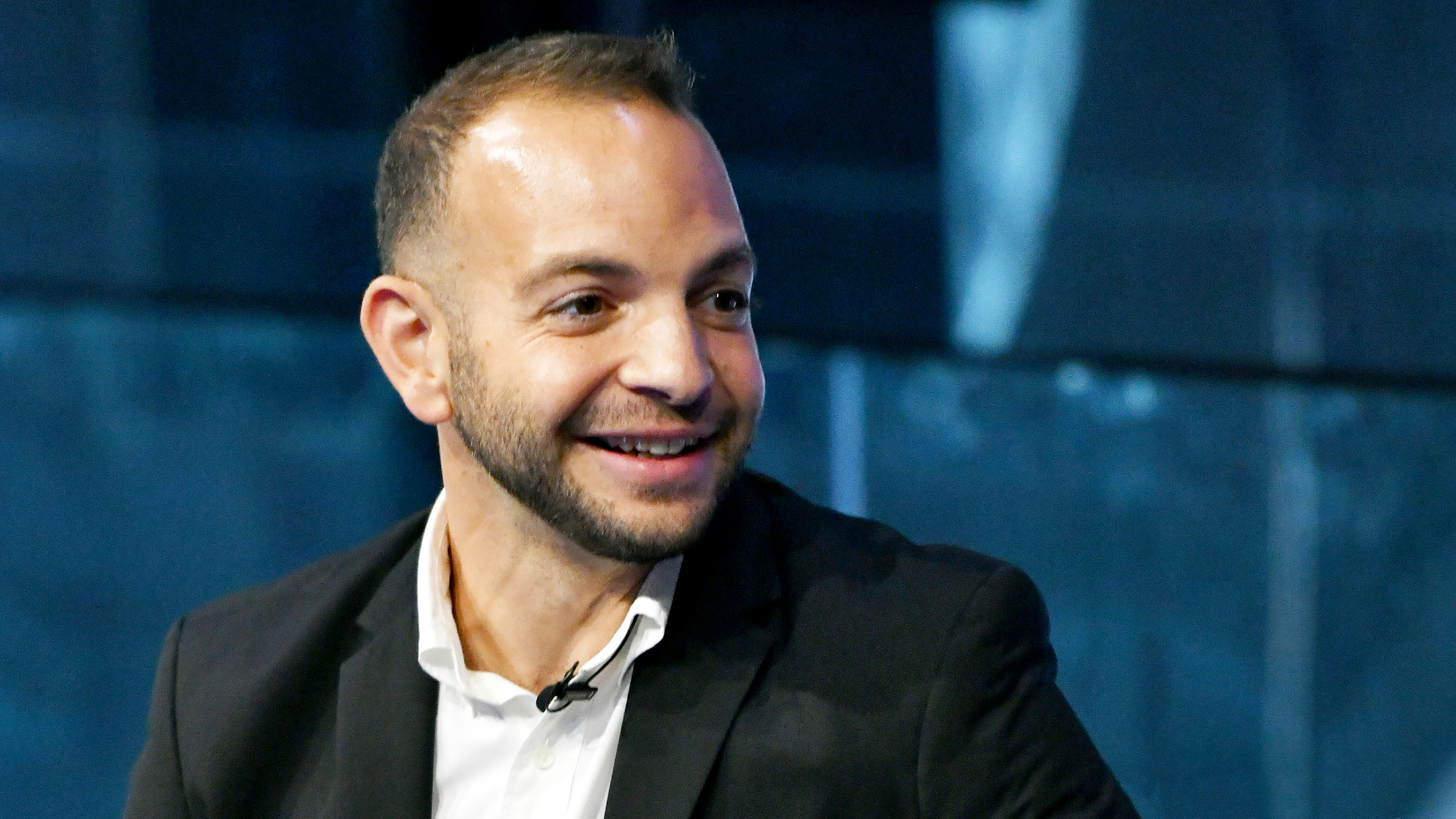The volcano’s historic eruption preserved an ancient library, but rendered its content illegible. A public competition aims to change that.
It’s not just fun: DNA origami has the potential to revolutionize engineering at the nanoscopic scale.
The essential element needed for innovation is creative dissonance — and the keys to unlocking it were forged by bankers in Italy.
The brilliant mind who discovered the spacetime solution for rotating black holes claims singularities don’t physically exist. Is he right?
Some neuroscientists question whether the body can “keep score” of anything in a meaningful way.
These nematodes complicate how we understand evolutionary lineages.
A company can only be as agile as its least flexible team — here’s how to make an effective framework for decision-making.
MakeLoveNotPorn founder Cindy Gallop says women need to stop giving a damn what people think.
▸
7 min
—
with
Nearly half of all stars are born in binary systems, with the most massive ones dying the fastest. It’s not pretty for the “second” star.
Freethink’s weekly countdown of the biggest space news, featuring Starship’s second test flight, a new “dark mysteries” telescope, and more.
Arieh Smith, a New York City-based polyglot who runs the YouTube channel Xiaomanyc, talks language-learning with Big Think.
There is currently no easy way to treat high Lp(a). A single shot could change that.
The Big Bang theory is not threatened, but astrophysicists have some explaining to do.
You know ChatGPT, but how much do you know about the company that made it? Journalist Karen Hao joins us to talk OpenAI’s latest implosion.
▸
1:02:56 min
—
with
There are steps we can take to create a new paradigm that will help shift society’s attitude towards women in the workplace.
Lockdowns moved the burden of COVID from the at-risk elderly to the less-at-risk young. Does this sacrifice merit compensation?
How much do citizens really value free elections?
Fraud is a $5 trillion “industry.” But not all its perpetrators look alike. Kelly Richmond Pope, a professor of accounting, breaks down who commits fraud — and why.
▸
8 min
—
with
In general relativity, matter and energy curve spacetime, which we experience as gravity. Why can’t there be an “antigravity” force?
“I grew up in New Jersey in the 1970s and that experience gave me everything I needed to become a skeptic.”
The paper does not prove the existence of dark matter, but it mostly eliminates a rival theory called Modified Newtonian Dynamics.
How to figure out the right amount of time for any project.
In the early stages of the hot Big Bang, there were only free protons and neutrons: no atomic nuclei. How did the first elements form from them?
Our intuitive understanding of time is very different from a physicist’s understanding of time. How do we reconcile these views?
Stem cells from a fetus can live within the mother for decades — and help her heal.
It just takes one “yes.” Wharton professor Jonah Berger shares his three tips for getting what you want from others.
▸
6 min
—
with
The evidence that pollution causes cancer is weak. Lifestyle factors, like smoking, obesity, and alcohol, matter far more.
In the early stages of the hot Big Bang, matter and antimatter were (almost) balanced. After a brief while, matter won out. Here’s how.
A new generation of leaders is forging a path for 21st-century capitalism that’s both profitable and socially responsible.
When ancient humans stared into the darkness, they imagined monsters. Today, staring into the future, AI is the monster.
